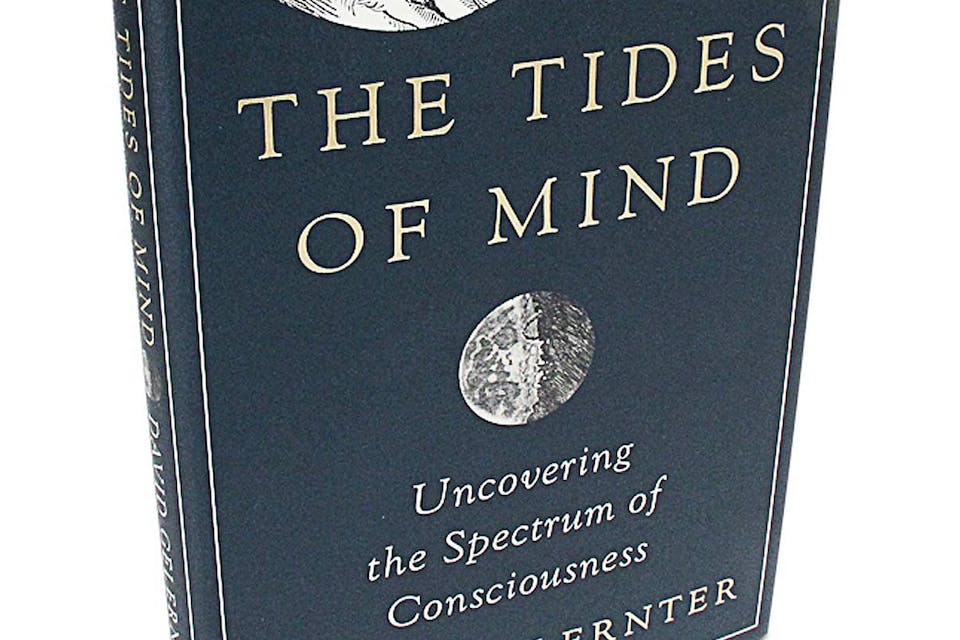
September 1, 2016
The Tides of David Gelernter’s Mind
A dazzling new book reminds us that our minds don't work like computers—and that wisdom, including the moral wisdom of Judaism, doesn't progress like science.
I’m sitting on the couch deliberating hard about how best to tie together the various strands of David Gelernter’s dazzling new book, The Tides of Mind. Drifting off into a reverie, I re-experience reading the book while sitting on the beach in Tel Aviv. Then I become aware that I’ve drifted off and, inspired by the book, begin to reflect on the experiential qualities of the daydream, only to realize that I can’t have my daydream and reflect on it at the same time.
What is it like to think deliberately about some problem that we wish to solve? What is it like to daydream? How are these experiences similar to or different from the experience of actual dreaming? Since we have such experiences all the time, we ought to know everything there is to know about them. And yet, precisely because of the difficulty of both having experiences and reflecting on them, we are surprisingly oblivious of the patterns underlying the dynamics of our mental states.
The Tides of Mind seeks to remedy this deficit. Its author is a Yale professor of computer science whose writings for non-specialist readers include such luminous works as Mirror Worlds (1992) and The Muse in the Machine (1994). In addition, Gelernter paints, writes fiction, and has built a reputation as an acute social and cultural critic through essays in Commentary, the Weekly Standard, the Wall Street Journal, and elsewhere. A committed Jew—as an undergraduate at Yale, he majored in Bible and classical Hebrew literature—he is also the author of Judaism: A Way of Being (2009), a book, and a subject, to which we’ll return in due course.